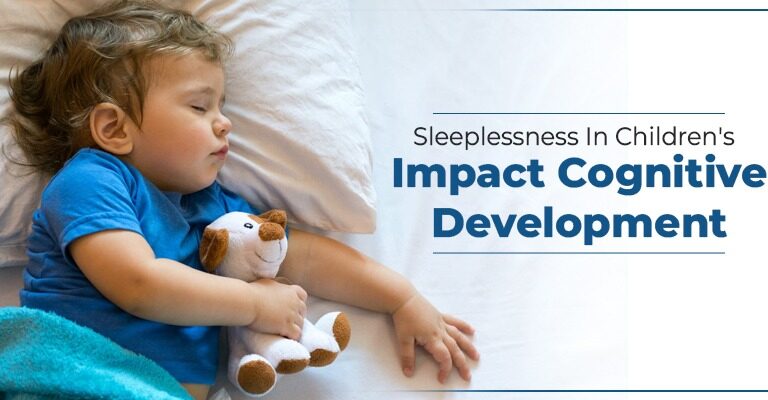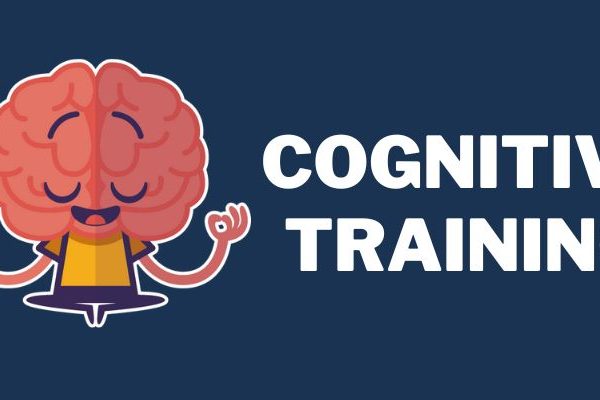Cognitive development in children starts at a very early age and develops better through guidance. Have you ever thought that sleeplessness or lesser sleeping hours can affect your child’s cognitive health effectively? Research says that children getting less than nine hours of sleep have difficulty developing cognitive skills, hormonal imbalances (less gray matter) in the brain region, and mental issues. Hence, concentration activities for students with sufficient quality sleep help the children to achieve their milestones effectively. Therefore, in this blog, we will look into the common causes of insufficient sleep in children and how they impact cognitive development.
Causes Of Insufficient Sleep:
It is undeniable that we live and grow up in a socially-deprived society. A report from the Centers for Disease Control and Prevention (CDC) states that insufficient sleep is a common issue in adults and children, affecting their primary development and growth effectively. A child typically needs 7-9 hours of sleep for their complete cognitive development and growth. A study conducted by the American Academy of Pediatrics shows that around 10% of children have sleeping issues, and there is a 50%-70% chance that these concerns can turn into critical mental health and other neurological conditions.
The primary causes of sleeplessness in children are
Physical Cause:
The physical cause can be chronic illness, including conditions like sleep apnea. The sleep-disordered breathing (SDB) is another condition that causes sleep deprivation in children. Hence, children who are identified with painful illnesses such as rheumatoid arthritis, gastroesophageal reflux, sickle cell disease, and other chronic diseases have an insufficient sleep cycle.
Behavioral & Psychiatric Cause:
Children who experience emotional stress, anxiety, and various mood swings also have sleep deprivation and constant sleep wakings. It is also to be noted that children affected with ADHD, autism, and other behavioral disorders also have impaired sleep cycles. However, undergoing ADHD treatment in Chennai will provide relief in streamlining the sleep cycle.
Cultural Effects
The society or community in which we also live intensely impacts sleep deprivation. For example, using electronic devices late at night and watching violent games can cause sleep deprivation, where the child’s body is stressed and produces hormones that prevent them from sleeping.
How Does Sleeplessness Impacts Cognition?
Insufficient sleep impacts cognition in the short and long term. The short-term impact on cognitive development is wide-ranging, including daytime effects like fatigue and drowsiness. Hence, as a result, the child can face severe cognitive impairment where the child finds it hard to pay constant attention in learning. It is also to be noted that insufficient sleep can affect certain regions of the brain.
There is a strong connection between sleep and memory. So, when a child has disrupted, or less sleep time, they find it hard to remember things. Similarly, if sleeplessness is not treated it can cause disorders like Alzheimer’s or even dementia. So, treating sleeplessness at the earliest , if noticed in children, will help your child from various brain-related disorders. The treatment includes cognitive behavioral therapy, which can vary from child to child.
Hence, these are the essential things you should know about sleeplessness and its impact on a child’s cognitive development. Contact Sugsar for your child’s cognitive growth through the concentration exercises for students.

